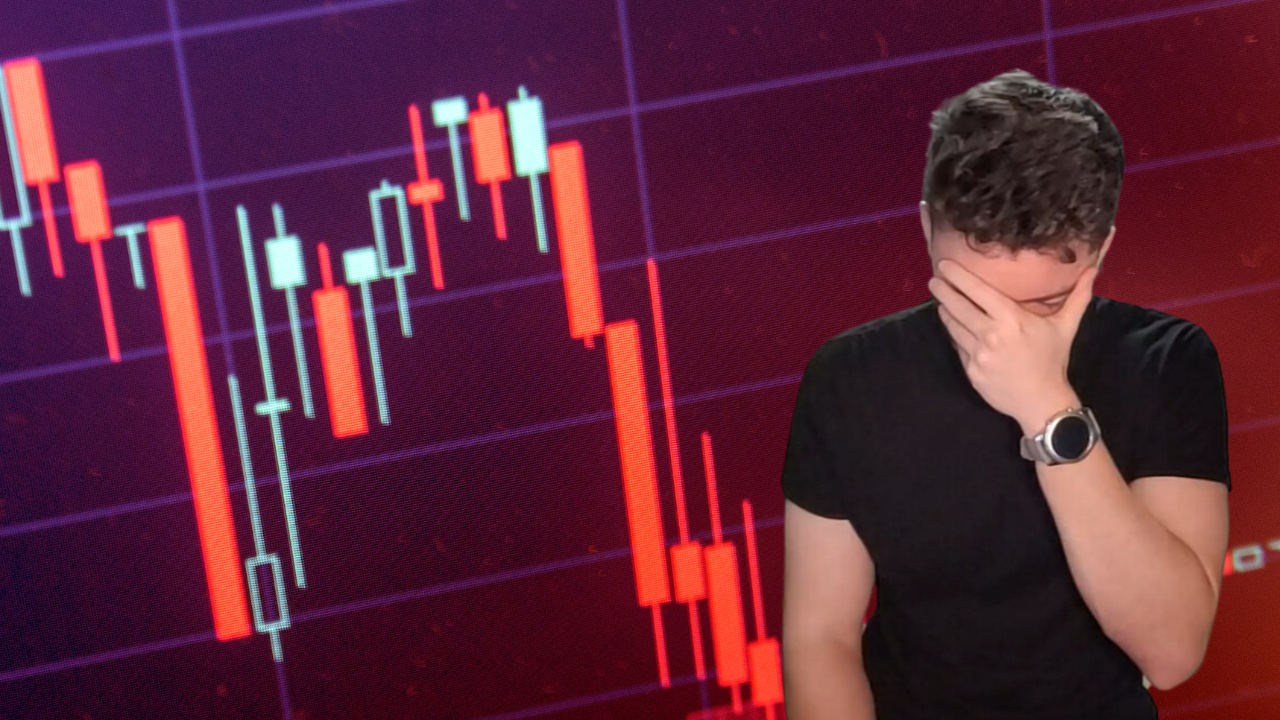As tensions escalate between Iran and Israel, many investors are wondering: What does this mean for the stock market and my investments? While no one can predict exactly how things will unfold, there are some clear economic signals and historical patterns worth watching.
Increased Volatility and Risk Aversion
Geopolitical conflicts like this one often lead to market volatility and investor fear. We’re already seeing the VIX (Volatility Index) spike, which signals uncertainty in the markets.
During uncertain times, investors tend to move away from riskier assets like stocks and shift their money into perceived “safe havens” such as:
- Gold
- U.S. Treasury bonds
- The U.S. dollar
This shift can create sudden drops in stock prices—especially in high-risk sectors.
Oil Prices on the Rise
Iran is a major oil producer and controls access to the Strait of Hormuz, which handles about 20% of the world’s oil supply. Any disruption here raises fears of a global supply shock.
In response to the conflict, oil prices have already climbed by around 4%, and this trend could continue.
Potential winners in the short term:
- Energy stocks like ConocoPhillips, ExxonMobil, and Chevron, which are already seeing gains
- Oil ETFs and other commodities-related investments
Inflation Pressure and the Fed’s Dilemma
Higher oil prices could drive up costs across the economy, worsening inflation just as the U.S. Federal Reserve has been trying to tame it. This adds pressure to:
- Consumer spending
- Business profits
- Economic growth
In one scenario, the Fed may actually consider cutting interest rates sooner if it believes the economic slowdown outweighs temporary inflation spikes. But that all depends on how the conflict unfolds.
Defense Stocks Could Benefit
Military escalations often lead to expectations of increased government spending on defense. Stocks like:
- Lockheed Martin (up 2.6% today, 3.1% in the past 5 days)
- Northrop Grumman
- Raytheon Technologies
…are already showing signs of upward momentum. These may see further gains if tensions continue to rise.
Gold Remains a Safe Haven
Gold has already been up over 27% this year, thanks to inflation fears and global uncertainty. This conflict could push prices even higher as investors seek stable, non-volatile assets.
Gold’s strength during prior conflicts and market downturns makes it a historically reliable hedge during crises.
Historical Parallels: What Past Conflicts Taught Us
- 1979 Iran Hostage Crisis: Oil strikes in Iran led to a decline in global oil supply, sparking inflation, rising gas prices, and a market downturn.
- 1990–1991 Gulf War: The S&P 500 dropped nearly 5% early on, but rebounded after U.S. military success. Oil and gold prices rose, while automotive and tech stocks fell.
Final Thoughts
The Israel-Iran conflict is already having ripple effects across global markets. While it's too soon to predict the full economic fallout, here are some sectors and assets to keep an eye on:
- 📈 Winners: Energy stocks, defense stocks, gold, Treasury bonds
- 📉 At-risk: Consumer sectors, tech, travel, and high-growth stocks
As always, this is not financial advice. Do your own research, stay diversified, and be cautious during uncertain times.
